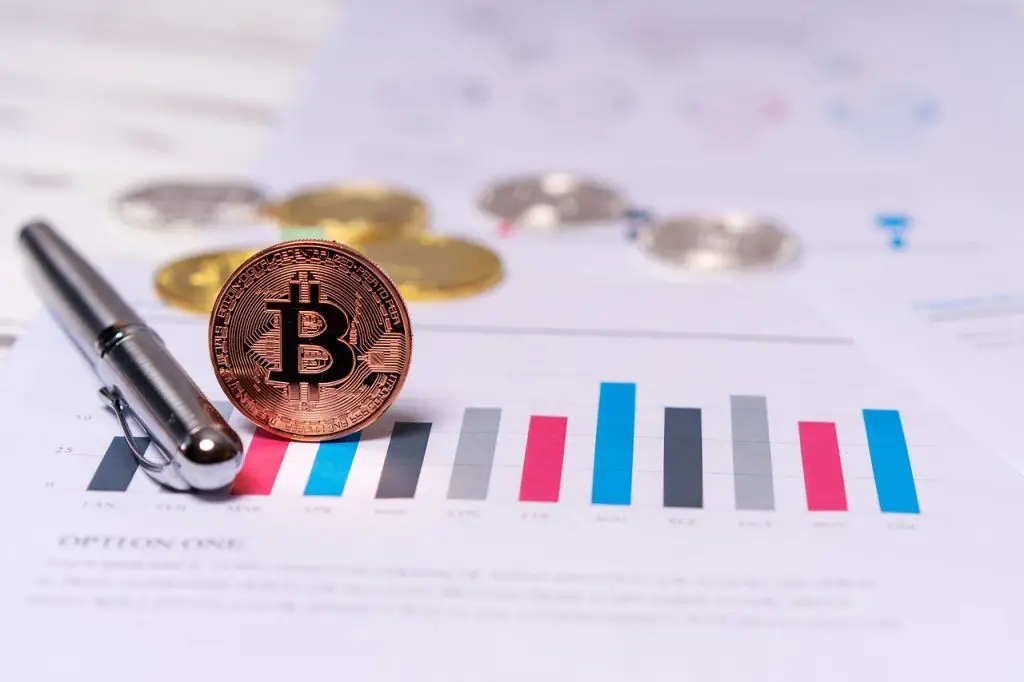Proof-of-reserves audits are an important tool for ensuring the security and transparency of cryptocurrency exchanges. These audits are designed to verify that an exchange has sufficient reserves to cover its customers’ deposits, and that those reserves are being held in a secure and transparent manner. In this article, we will explore the concept of proof-of-reserves audits in more detail.
What are Proof-of-Reserves Audits?
A proof-of-reserves audit is a process by which an exchange proves to its customers and other stakeholders that it has sufficient reserves to cover all customer deposits. The goal of these audits is to provide assurance to customers that their funds are safe and secure, and to deter fraudulent or unethical behavior by exchanges.
Proof-of-reserves audits typically involve an independent third-party auditor who is responsible for verifying the exchange’s reserves. The auditor will examine the exchange’s financial records and transactions to ensure that the exchange is holding sufficient reserves to cover all customer deposits. The auditor will also verify that those reserves are being held in a secure and transparent manner, such as in cold storage wallets that are not accessible to unauthorized personnel.
Why are Proof-of-Reserves Audits Important?
Proof-of-reserves audits are important for several reasons. First, they provide assurance to customers that their funds are safe and secure. This is particularly important in the world of cryptocurrency, where there have been numerous instances of exchanges being hacked or going bankrupt, resulting in the loss of customer funds.
Second, proof-of-reserves audits help to deter fraudulent or unethical behavior by exchanges. By requiring exchanges to demonstrate that they have sufficient reserves to cover all customer deposits, proof-of-reserves audits make it more difficult for exchanges to engage in activities such as fractional reserve banking, where an exchange holds less reserves than the total amount of customer deposits.
Finally, proof-of-reserves audits promote transparency and accountability in the cryptocurrency industry. By requiring exchanges to undergo independent audits, stakeholders can have greater confidence in the integrity of the industry as a whole.
How do Proof-of-Reserves Audits Work?
Proof-of-reserves audits typically involve several steps. First, the exchange will provide the auditor with access to its financial records, including transaction data, account balances, and other relevant information. The auditor will then verify that the exchange’s financial records match the balances held in the exchange’s wallets and bank accounts.
The auditor will also verify that the exchange’s reserves are being held in a secure and transparent manner. This may involve examining the exchange’s cold storage wallets to ensure that they are not accessible to unauthorized personnel, and reviewing the exchange’s security protocols to ensure that they are robust and effective.
Once the auditor has completed their review, they will prepare a report detailing their findings. This report will typically include information on the exchange’s reserves, security protocols, and other relevant information. The report may also include recommendations for how the exchange can improve its security and transparency.
Who Conducts Proof-of-Reserves Audits?
Proof-of-reserves audits are typically conducted by independent third-party auditors. These auditors are typically certified public accounting firms or other professional services firms that specialize in financial audits.
When selecting an auditor, exchanges should look for a firm with a strong reputation for independence, objectivity, and expertise in the cryptocurrency industry. The auditor should also have experience conducting proof-of-reserves audits for other exchanges, and should be able to provide references from other clients.
What are the Benefits of Proof-of-Reserves Audits?
Proof-of-reserves audits provide several benefits for exchanges and their customers. Some of these benefits include:
Increased Security: By requiring exchanges to demonstrate that they have sufficient reserves to cover all customer deposits, proof-of-reserves audits promote greater security and transparency in the cryptocurrency industry.
Greater Confidence: Proof-of-reserves audits can help to build trust and confidence in the cryptocurrency industry, both among customers and other stakeholders. When an exchange undergoes an independent audit and is found to have sufficient reserves and secure storage protocols, customers are more likely to feel confident in depositing their funds with that exchange.
Deterrent to Fraud: Proof-of-reserves audits can also serve as a deterrent to fraudulent or unethical behavior by exchanges. If an exchange knows that it will be required to undergo regular audits to demonstrate its reserves and security protocols, it is less likely to engage in activities such as fractional reserve banking or other fraudulent practices.
Industry Standards: As more exchanges undergo proof-of-reserves audits, industry standards are established and improved. This can help to create a more uniform and transparent cryptocurrency industry, which can benefit all stakeholders.
Competitive Advantage: Exchanges that undergo proof-of-reserves audits can use the results of those audits as a competitive advantage. Customers are more likely to choose an exchange that has undergone an independent audit and has been found to have sufficient reserves and secure storage protocols.
Conclusion
Proof-of-reserves audits are an important tool for ensuring the security and transparency of cryptocurrency exchanges. By requiring exchanges to demonstrate that they have sufficient reserves to cover all customer deposits, and that those reserves are being held in a secure and transparent manner, proof-of-reserves audits promote greater confidence and trust in the cryptocurrency industry. While there are challenges to conducting these audits, such as cost and the need for specialized expertise, the benefits are significant, and it is likely that we will continue to see more exchanges undergoing proof-of-reserves audits in the years to come.







